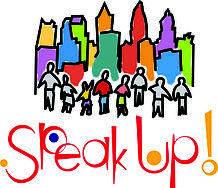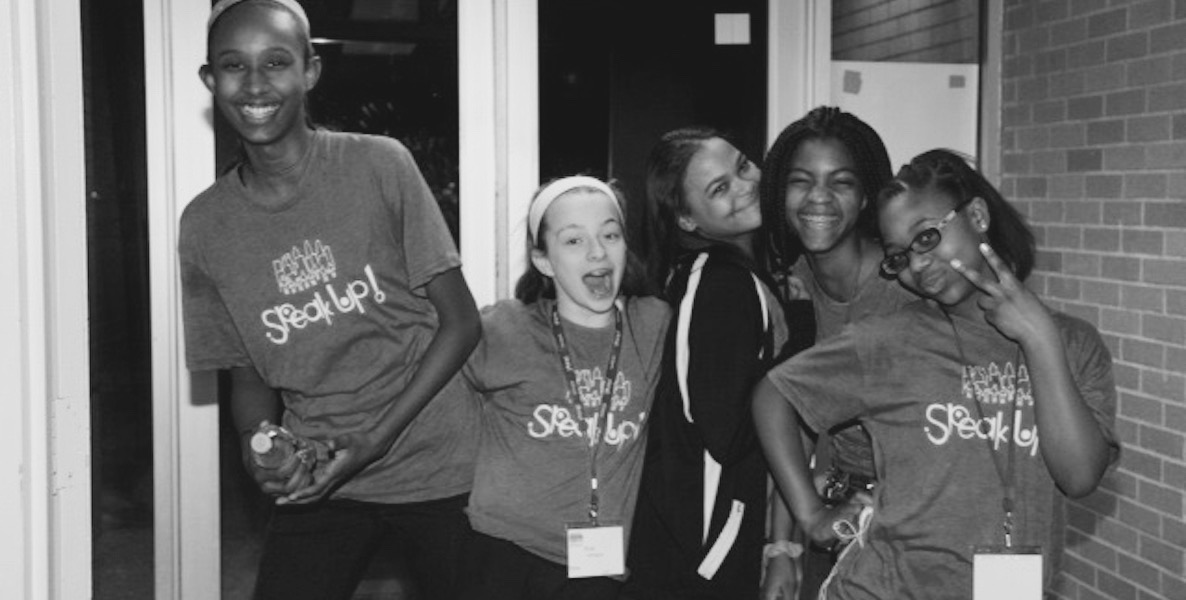In 1980, Bob Gillin Jr., was student body president of the prestigious Haverford School as a high school junior—and then again as a senior. He was captain of the crew team, and star of the school play. Outwardly, he was confident and successful. But inside, he was struggling—with a community that he feared would not accept that he was gay, with a family he feared might not either, later with drugs and alcohol. In 1992, at age 30, he tested positive for AIDS.
“He was more afraid of what people would think of him than he was of dying,” says his sister Martie Bernicker, who notes that at that time queerness and AIDS were difficult topics to talk about. “When he knew he was going to die, he said, ‘I really want to start being open and I want you to talk about what happened with me to the world.’ So we did. We tried to set the tone for other families about how to be authentic with each other in the face of a difficult situation.”
In the late 90s, in the wake of Bob’s death, the Gillins started going into local high schools and talking about AIDS to put a face to the disease. It became clear that queerness and substance abuse were just two of many topics that young people felt were nearly impossible to talk about with each other and with their families.
In 2000, they officially turned their efforts into SpeakUp, a nonprofit that seeks to open the channels of communication between teenagers and their families by partnering with area high schools and middle schools to teach communication skills and offer forums for teens and the adults in their lives to share with each other.
“We try to normalize the idea that everybody struggles with something at some point,” says Bernicker, SpeakUp’s executive director, “and that no matter how close you are with somebody, they can’t know how you’re feeling unless you tell them. You have to make a decision to be known. You have to speak up.”
“People learn what a nonjudgmental conversation looks like,” Bernicker says. “If you’re honest and authentic, you will find support and help someone else. This gets easier to do once you’ve done it once, and then it gets easier to replicate it at home.”
SpeakUp is now in 40 schools in the Philadelphia area, and they are growing fast—more than doubling their presence in the past three years. At each school, they create a diverse “leadership team” of 25 to 100 participating students, drawn from different communities, and with varying interests. Those students work with SpeakUp staff over a series of four meetings to develop topics that they see as pressing and difficult in their home and schools. Bernicker says the guiding question is, “What do you want to talk to the adults in your life about right now that’s tough to talk about?” Common topics include peer pressure, bullying, self-esteem, sexuality, gender identity, sex and relationships, sports, college, race and violence.
Students then choose three main topics from their list, and invite their parents and teachers to a forum to talk about them. Attendees are divided into small groups of students, teachers, and parents, to allow for more open and intimate conversations; family members are split up, so everyone feels comfortable speaking out. SpeakUp provides an opening speaker, as well as trained facilitators and mental health professionals to help each small group have a safe and rewarding dialogue.
“Parents gain the perspective of the kids, kids gain the perspective of the adults,” says Bernicker. “It’s a very organic conversation customized to the questions and concerns of the people in the room.”
According to the SpeakUp model, the key to changing the way youth and adults communicate is suspending judgment and engaging in deep listening. Bernicker says effective communication around difficult topics is a skillset that can be taught. Adults need to suspend their judgment and fear so that young people feel free to speak about what is really going on.
“People learn what a nonjudgmental conversation looks like,” she says. “If you’re honest and authentic, you will find support and help someone else. This gets easier to do once you’ve done it once, and then it gets easier to replicate it at home.”
SpeakUp also offers follow-up opportunities for parents to come to their office and talk with a social worker to dive more deeply into topics that were opened up at the forum. Finally, they offer two specialized “speakup” forums for participating parents and children—one on the transition to college and the other on sports, as Bernicker believes there are additional barriers that keep athletes from speaking up.
Once SpeakUp is in a school, they continue programming with that school year after year, and the “leadership team” of students repeats the process with different topics and a new forum each year. SpeakUp also works with each school’s existing support structure of counselors and staff, documenting what that support is, and publicizing it on the SpeakUp website.
Though SpeakUp is present in a diverse array of schools, it tends to most often work with private (71 percent), suburban (80 percent), high schools (65 percent). “Many well-resourced kids are really struggling,” says Bernicker, “it’s just more invisible. One of the coping strategies for a struggling kid is actually to accomplish a lot.”
“We try to normalize the idea that everybody struggles with something at some point,” says Bernicker, “and that no matter how close you are with somebody, they can’t know how you’re feeling unless you tell them. You have to make a decision to be known. You have to speak up.”
SpeakUp’s annual $640,000 budget comes from private donors. Participating schools give a contribution ranging from free—for schools in under-resourced communities—up to $3,500 per year. (The program costs more than this but no school pays its full cost.). SpeakUp has been so successful that there is now a waiting list for new schools to receive their programming.
According to research conducted by the Children’s Hospital of Philadelphia, students who stay involved in SpeakUp’s programs show a decrease in stress and an increase in their sense of meaning and purpose. SpeakUp’s own research showed that 90 percent of participants say they feel less alone, 89 percent are more willing to ask for help, and 87 percent received new strategies to manage difficult situations.
“I didn’t really think anyone—either parents or kids—in our group would really, truly share their thoughts and feelings, but they did,” wrote a parent named Jamie, who participated in an evening SpeakUp forum. “It was just amazing getting another perspective into what might be going on in the head of my teenagers, and to hear some thoughts on how I can improve our communications.”
“Thank you for this great opportunity to learn about what other people in my life are going through in regards to self-image,” a Haverford High School student who wished to remain anonymous wrote. “Thank you for showing me that I’m not alone with my doubts, or my experiences.”
Whether we like it or not, teenagers are in the driver’s seat in their own lives, SpeakUp preaches.
But, Bernicker says, “If we can listen without judgment as adults, our young people can tell us how to best guide and support them.”
Photo Header: Courtesy of SpeakUp





